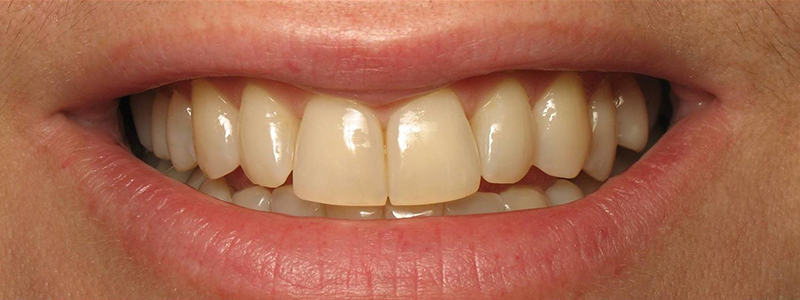As a parent, ensuring your child’s health and well-being is always a top priority. When it comes to their dental health, you may wonder, “Does my child need braces?” Orthodontic treatment can provide numerous benefits, but determining the need for braces requires careful consideration.
Signs Your Child Might Need Braces
- Crowded or Crooked Teeth: If your child’s teeth overlap, are twisted, or are noticeably out of alignment, braces can help correct these issues, improving both function and appearance.
- Gaps Between Teeth: While some gaps are normal, especially when baby teeth are still present, significant spacing issues can affect your child’s bite and may require orthodontic treatment.
- Overbite or Underbite: When the upper teeth significantly overlap the lower teeth (overbite) or the lower teeth overlap the upper teeth (underbite), it can cause difficulties in chewing and speaking, as well as jaw pain.
- Crossbite: A crossbite occurs when some of the upper teeth sit inside the lower teeth rather than outside, potentially leading to enamel wear, gum disease, and bone loss.
- Open Bite: This condition, where the upper and lower teeth don’t touch when the mouth is closed, can cause problems with eating and speaking.
- Early or Late Loss of Baby Teeth: The timing of losing baby teeth can affect how adult teeth come in. If your child loses baby teeth too early or too late, it may disrupt the alignment of their permanent teeth.
- Mouth Breathing: Persistent mouth breathing can affect the development of the jaw and teeth alignment, possibly necessitating braces.
- Difficulty Chewing or Biting: If your child struggles with chewing food or frequently bites their cheeks, this could indicate alignment issues that braces can correct.
- Thumb Sucking or Pacifier Use: Prolonged thumb sucking or pacifier use beyond the age of four can affect the development of the teeth and jaws, often resulting in the need for braces.
When to Visit the Orthodontist
It is recommended that children have their first orthodontic evaluation by age 7. Early assessment allows the orthodontist to detect any issues and determine the best time to begin treatment if necessary. Even if braces aren’t needed immediately, the orthodontist can monitor your child’s development and plan for future treatment.
Determining if your child needs braces involves looking for signs of misalignment and consulting with an orthodontist for a professional evaluation. Braces can offer significant benefits, including improved oral health, functionality, and self-confidence. Early detection and treatment can set your child on the path to a healthy, beautiful smile that lasts a lifetime.





